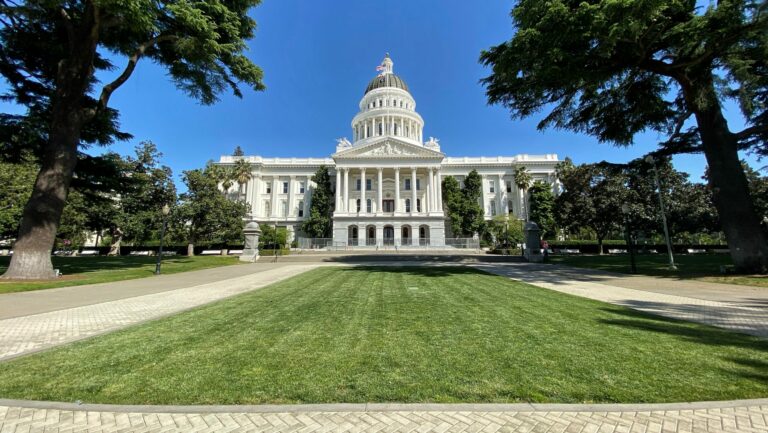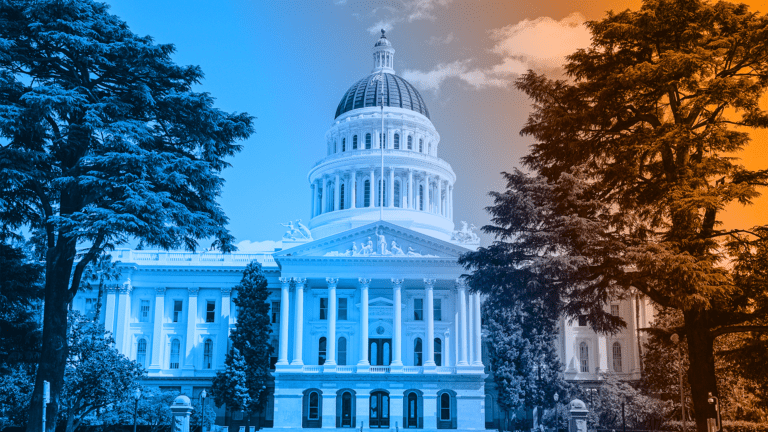Time to Update Cal/OSHA’s Summary of Work-Related Injuries and Illnesses
California employers are required to display their annual summary of work-related injuries and illnesses for 2023 in a visible and easily accessible area at each worksite by February 1, 2024.









